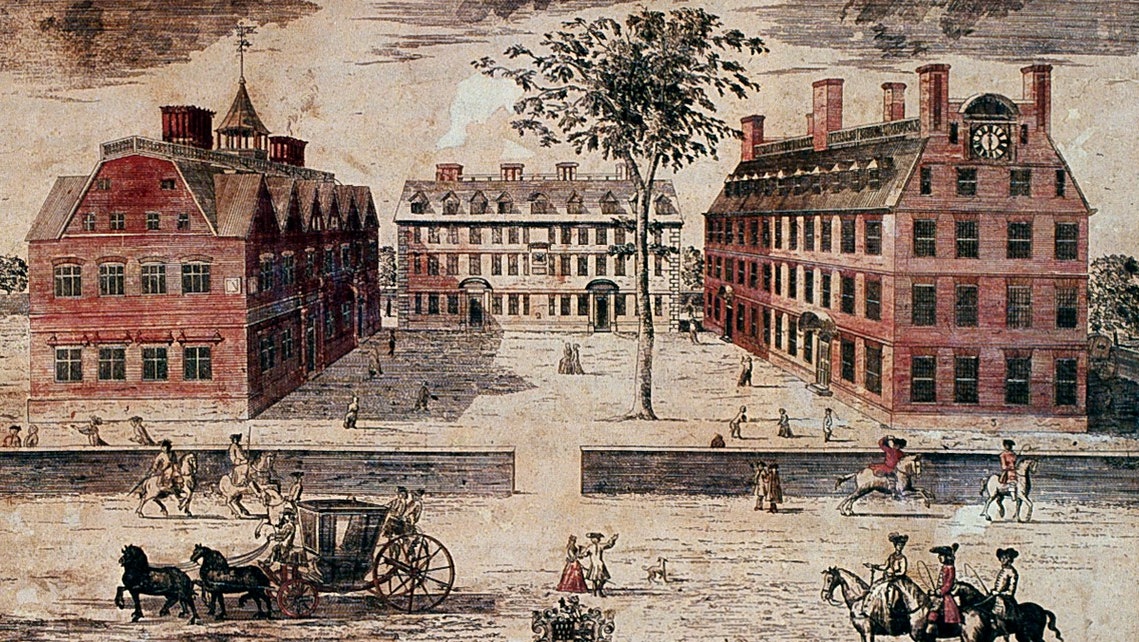TL;DR -- Recently, President Bacow released a report by a committee that looked at Harvard's involvement with slavery. The report is about the first phase of an on-going project that associates with our interests in Harvard as an archetype, of sorts.
--
Legacies? There are many. This post deals with a recent report which is very much apropos for further discussions about the History of Harvard (our look). But, there are many other legacies to note, many of which will deal with the U.S., in particular, while others are of a more universal flavor.
Quote: On April 26, 2022, Harvard President Larry Bacow released the Report of the Committee on
Harvard & the Legacy of Slavery.
The site's concern is the first phase of a project for which it provides a message by Bacow and identifies the Committee. There is other information available such as the following:
The list includes the "Enslaver," the "Harvard Affiliation(s)," the "Enslaved Persons," the "Documentation Dates," and any "Memorialization(s)." The first line is for "Nathanial Eaton (1609-1674)" who was "Schoolmaster (1637-1639)" and who owned "The Moor". The list has footnotes that have extensive links.
We will follow the progress of this Initiative, as it is an example of Harvard and the history of the U.S. through time. Also, the timeline, explicitly, includes the first Head who was the first "enslaver." What we see in the table is that the next row is Increase Mather (who was involved from 1686 to 1701). That points to little to none slavery involvement in New England early on.
That needs to be studied. Casting Eaton as a sole rogue may have been fun, but the research needs to expand due to Harvard's senior, and influential, roles, across the board.
So, we can say that this gets Eaton listed in a different context.
Remarks: Modified: 05/02/2022
05/02/2022 -- On the names, we can look at absences as well as presences. There was a run of Heads that can be looked at. The only 'Gardiner' was in the Perkins family. Other than that, 'Gardner' does not appear. Nice bit of research that has been sorely needed for a while. Appreciate the focus on the American Indian experience. Now, how about the Quakers?

No comments:
Post a Comment